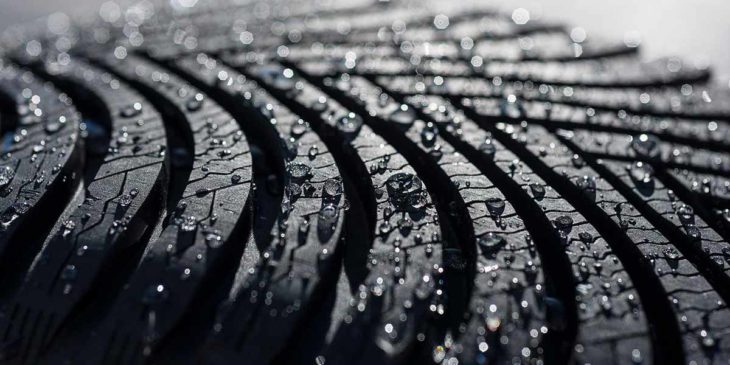This is a question drivers ask a lot. The weather is bad. Relevant government agencies have been warning drivers all week about the situation. But, since you can’t stop living just because it’s snowing outside, and because your boss still expects you to go to work, you hit the roads anyway.
Even worse, you haven’t switched to winter tires yet. You’ve probably made an order but the tires haven’t arrived. Or, you missed an appointment with your mechanic to replace your spare tire and have to schedule another meeting next week. Or, maybe you’re not planning to switch to winter tires at all.
Then, your worst fears come to pass. As you drive through the thick ice on one the roads, the car skids and bam, you hit another car from behind. Or maybe you crash into a roadside pole.
Does your car insurance cover the damages? If the victim files a claim, which is almost a guarantee, will your insurance provider pay up?
In normal weather, there would be no questions asked. You simply inform your insurance provider, and once the cost of damage is established in collaboration with the other driver’s insurer, your provider pays their portion of the claim.
But now, you were driving in a condition that obviously exposes you to great danger. A warning has even been issued, advising drivers to travel only if it’s absolutely necessary and proceed with great caution. Will your insurer still pay for the damages? Or does the insurance policy become void under such circumstances?
No, the Policy Isn’t Voided
If you have comprehensive car insurance, it will cover you and the vehicle even for damages occurring in treacherous road conditions. The policy should also cover third party damages which are essentially damages caused to the other party and their car.
A common scenario where the policy might not help is if you were driving irresponsibly in bad weather. A few policies might still cover you. But, most insurers will not.
That’s because you have an added responsibility to be even more careful in bad weather. You must drive slowly and take extra care around junctions and roundabouts. You must also ensure that you have plenty of time to slow down.
Another situation that may not be covered even if you involve your car accident lawyer is an incident occurring when you’ve popped out of the car to defrost the windshield. If something is stolen or the car is involved in a crash, your insurance provider may not pay anything.
Winter tires, however, are only a recommendation, but not a rule. They increase your safety on icy roads because of a firmer grip. Also, they don’t accumulate a lot of ice in between the threads, thus reducing the chances of skidding and severity of skids. But, they are not a must-have under the law and you, therefore, won’t be penalized by your insurance provider for driving without them.
Regardless, Stay Safe
Remember that it’s your life you’re putting in danger by driving in bad weather without winter tires. Even if the insurance policy won’t be voided, you need to act in a way that protects you from any harm at all time.









